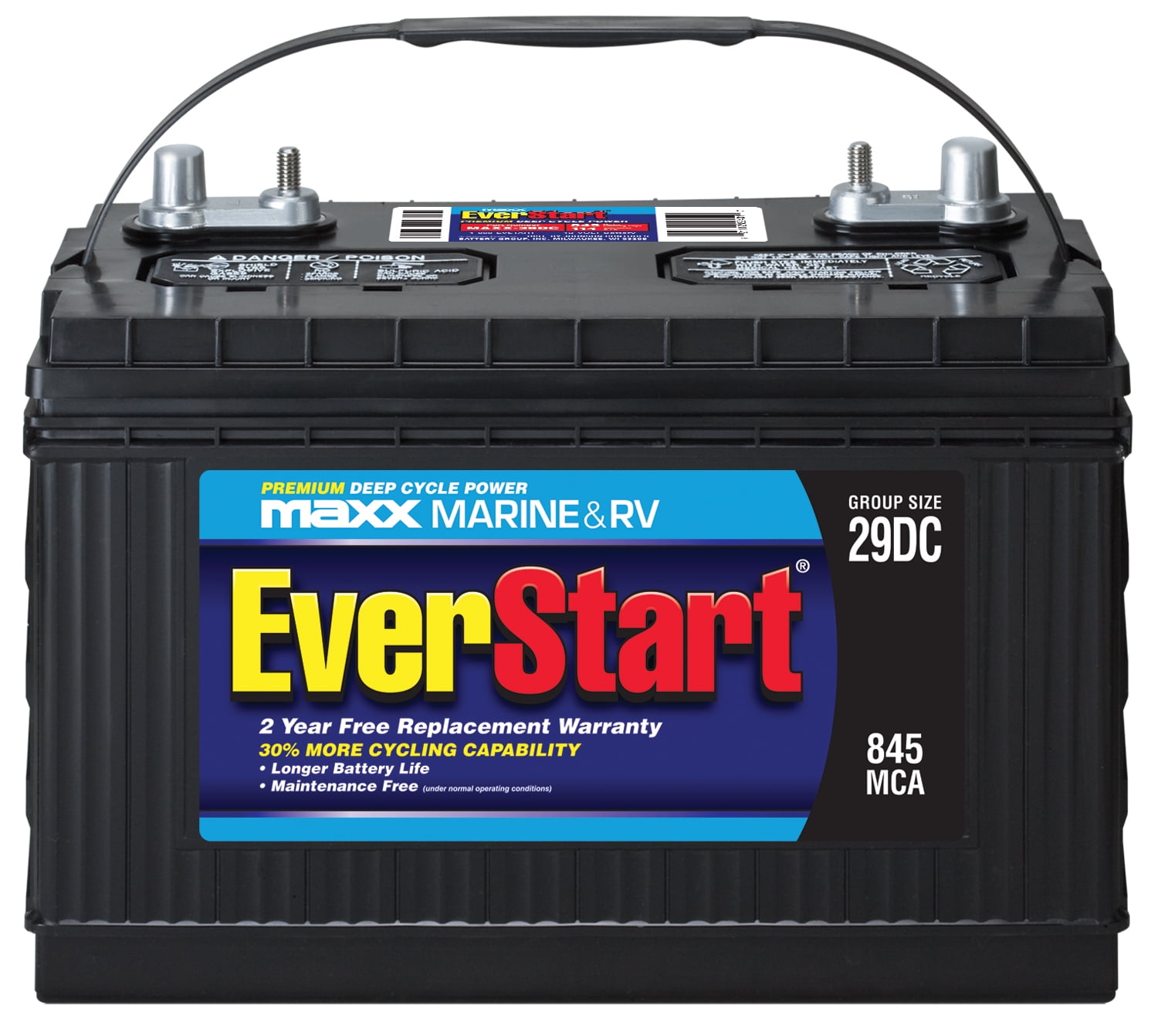I was diagnosed with Sleep Apnea about 16 months ago. For those that don't know what that is, it means my body stops breathing multiple times while I sleep, and then struggles to start up again. I was tested and came up on the low end of the scale - only stopped breathing 16 times per hour, but that was enough to make me always tired! Plus, it's not too good on your heart. I was prescribed a CPAP machine to sleep with that blows pressurized air into my mouth & nose to keep my airway open. Unfortunately, the CPAP machine requires power, which makes camping difficult.
So I've been camping with a CPAP machine for about 16 months now, and have tried a few different ways to power my CPAP machine. The typical way is to get a large marine battery, plus an inverter so you can plug the CPAP into the inverter and have power. I did this for awhile, because it was the popular way to do it, and I knew it would work. If I turned off the humidifier, tube heater, and data feed, I was able to get 3 nights comfortably off one deep cycle marine battery. Unfortunately that marine battery is heavy!
Then I found a battery pack that was a lot smaller, with Lithium batteries instead of the Lead/Acid batteries. It's made by ChargeTech and is available HERE. I got it from Indiegogo.com when it was in development for a lot less money, but it's a great product!

It is 56,000 mAh, up to 250 Watts, and has two USB charging ports to charge your phone/tablet, and two outlets that provide AC power. When I turn off the humidifier, tube heater, and data feed on my CPAP machine I am able to get 2+ nights of sleep, so not as much as the deep cycle battery, but this weighs just over 2 pounds, not the 60+ pounds that the deep cycle battery weighs, and you don't need to bring an inverter - it's built in.
I bought two of them so I can get up to 4 nights of sleep with them, and if I need more than that, I bring my deep cycle battery and leave it in the car, then charge this smaller unit off that.
They also sell a solar panel that is supposed to charge the battery pack in 24 hours, so while it won't keep the unit fully charged, I should be able to get 3, maybe 4 nights off a single one if I keep it charging on the solar panel all day each day. I tried charging it in September, and I was able to get a 19% charge in one day while I was gone to work. If I were to use it in the summer with longer sun hours, and be there to adjust it to keep it in the sun all day it would probably get more.
Do I take it backpacking? Nope. Between this battery pack and the CPAP machine, it's too much to take backpacking, and it's hard to use the CPAP machine if I sleep in a hammock because it needs to be sitting on a flat surface. I don't take it on snowcave camps either for fear of freezing my CPAP machine.
I did use the setup over the weekend on a pretty cold campout, where the temperatures dropped to freezing. I didn't want to freeze my water reservoir in the CPAP, so I turned the humidifier on low - unfortunately that draws a lot of power and I was only able to sleep for 3 hours that way. It must have a thermometer built into the humidifier because I've used it on the low setting before, and only used 60% of the battery pack in 8 hours of sleeping. I'm guessing it tries to get the water to a set temperature, and when it was down to 32°F, it needed more power to get to that temperature, so it ran my battery out.
So yes, it is possible to camp with sleep apnea, unfortunately it cost a little more to get started, but once you have the equipment, you can handle most trips just fine.


No comments:
Post a Comment